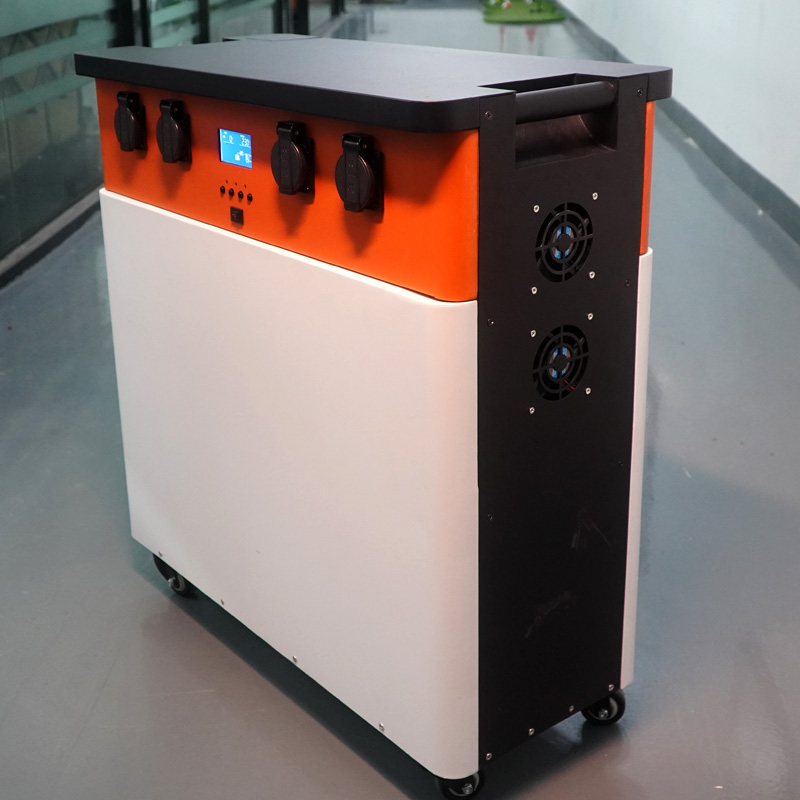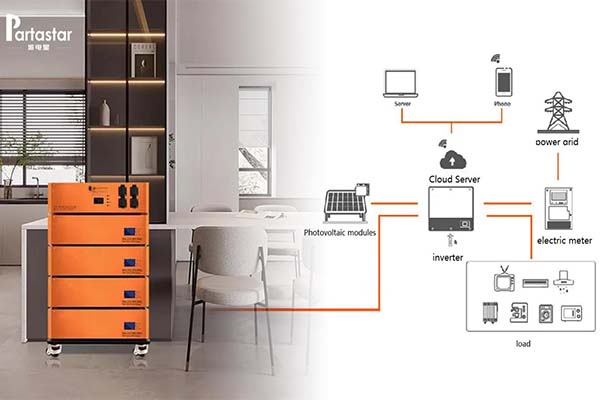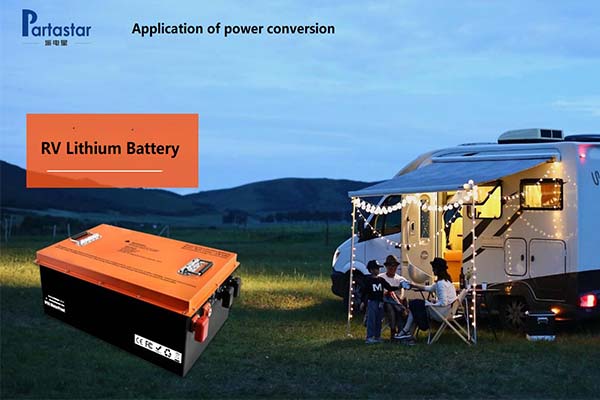How Long Does a 1500 Battery Backup Last? Understanding the Duration of Home Energy Storage Systems
Introduction:
Home energy storage systems, such as battery backups, have become increasingly popular as homeowners seek to enhance their energy independence and reduce reliance on the grid. These systems provide a reliable source of backup power during outages or periods of high energy demand. When considering a 1500 battery backup, it's important to understand the factors that influence its duration and how it can meet your home energy needs. In this article, we will explore the key factors that affect the duration of a 1500 battery backup, the typical runtime you can expect, and important considerations for optimizing its performance in a home energy storage setup.
1. Battery Capacity and Energy Consumption:
The capacity of a 1500 battery backup is typically expressed in watt-hours (Wh) or kilowatt-hours (kWh). A 1500 battery backup generally refers to a system with a capacity of 1500 watt-hours or 1.5 kilowatt-hours. To determine the duration of the backup, you need to consider the energy consumption of your home appliances and devices.
It's important to note that the energy consumption varies depending on the devices being powered. Appliances with higher power requirements, such as refrigerators or air conditioning units, will deplete the battery backup more quickly than low-power devices like LED lights or smartphones. By calculating the energy consumption of your essential appliances, you can estimate the runtime of your 1500 battery backup.

2. Power Output and Load Capacity:
The power output and load capacity of a 1500 battery backup play a significant role in determining its duration. The power output is the maximum amount of power that the backup system can deliver at any given time. It is typically measured in watts (W) or kilowatts (kW). The load capacity refers to the total power demand of the appliances and devices connected to the backup system.
To optimize the duration of your 1500 battery backup, it's important to manage the load capacity effectively. Avoid connecting devices that exceed the power output of the backup system, as this can drain the battery quickly and reduce its runtime. By monitoring the load capacity and distributing the power usage evenly, you can maximize the backup duration.
3. Depth of Discharge (DoD) and Battery Health:
The depth of discharge (DoD) refers to the amount of battery capacity that is utilized during each discharge cycle. While a 1500 battery backup has a capacity of 1500 watt-hours, it is not advisable to discharge the battery completely. Deep discharges can shorten the overall lifespan of the battery and reduce its efficiency over time.
To maintain the health and longevity of your 1500 battery backup, it is recommended to keep the depth of discharge within a certain range, usually between 20% and 80%. By avoiding deep discharges and implementing regular maintenance practices, such as battery calibration and temperature management, you can ensure optimal performance and extend the lifespan of your battery backup system.
4. Typical Runtime of a 1500 Battery Backup:
The typical runtime of a 1500 battery backup can vary depending on several factors, including energy consumption, power output, load capacity, and DoD. As a general guideline, a fully charged 1500 battery backup can provide power for low-power devices, such as LED lights or smartphones, for several hours. However, for appliances with higher power requirements, the runtime may be considerably shorter.
It's important to note that runtime estimations are approximate and can vary based on individual usage patterns and system configurations. To get a more accurate estimate of the runtime specific to your home energy needs, consult the manufacturer's specifications or seek guidance from a professional installer.
5. Optimizing Performance and Extending Runtime:
To optimize the performance and extend the runtime of your 1500 battery backup, consider the following tips:
5.1. Energy Efficiency: Implement energy-efficient practices in your home, such as using LED lighting, energy-efficient appliances, and smart power management systems. This reduces overall energy consumption and extends the runtime of your battery backup.
5.2. Load Management: Prioritize essential devices during power outages and distribute the power load evenly across the backup system. Avoid connecting devices that exceed the power output of the backup system to maximize runtime.
5.3. Battery Maintenance: Follow manufacturer guidelines for battery maintenance, including regular calibration, temperature management, and monitoring the DoD. Proper maintenance helps ensure optimal performance and extends the lifespan of the battery backup system.
5.4. Expansion Options: Consider the option of expanding your battery backup system's capacity if you require longer runtimes. Consult with a professional installer to understand the feasibility and cost-effectiveness of expanding the system.
Conclusion:
A 1500 battery backup can provide valuable backup power during outages or periods of high energy demand. The duration of the backup depends on factors such as battery capacity, energy consumption, power output, load capacity, and depth of discharge. By understanding these factors and implementing best practices for load management, energy efficiency, andbattery maintenance, you can optimize the performance and extend the runtime of your 1500 battery backup.
It's important to assess your specific energy needs and consult with a professional installer to ensure that a 1500 battery backup meets your requirements. They can provide valuable insights and help you select the right battery backup system for your home energy storage setup.
Remember, a 1500 battery backup is just one component of a comprehensive home energy storage solution. It can be integrated with other renewable energy sources, such as solar panels, to further enhance your energy independence and reduce reliance on the grid. By investing in a reliable and efficient home energy storage system, you can enjoy uninterrupted power supply, reduce your carbon footprint, and potentially save on energy costs in the long run.



